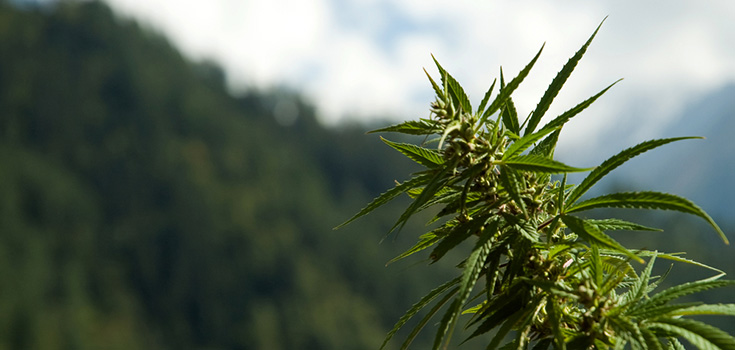Medical Marijuana Legalized in Delaware, Sixteenth State to Pass Legislation

Medical marijuana will soon be legal in Delaware. The State Senate on Wednesday approved by a 17-4 vote the bill that cleared the House last week. Governor Jack Markell has promised to sign it.
Once it becomes law with the governor’s signature, it will allow people 18 and older with serious serious or debilitating conditions that could be alleviated by marijuana to possess up to six ounces of the herb.
Qualifying patients will be referred to state-licensed and regulated compassion centers (dispensaries), which will be responsible for growing and dispensing the cannabis.
Delaware joins 15 other states and the District of Columbia in legalizing medical marijuana, but that total could in a sense be said to now be at least 16.5, because Maryland this week also expanded its affirmative defense law to remove all criminal penalties for the medicinal use of cannabis. It had previously been a $100 fine there if a marijuana user could prove his or her use was medicinal.
The Senate had in March already approved the original bill by an 18-3 margin. It had to vote again on the bill because House members had added two amendments. One required that marijuana must be dispensed to patients in sealed, tamper-proof containers, and the other barred patients from smoking cannabis in privately owned motor vehicles, not just public transportation.
The coming law will allow one nonprofit compassion center in each county within a year of its passage.
The Delaware Department of Health and Social Services will issue ID cards to patients and caregivers to help them avoid arrest. Each qualified caregiver can assist up to five patients, and the state will keep a database of registered patients and caregivers.
Patients will be allowed to buy up to three ounces of marijuana every two weeks, and can possess up to six ounces at any one time.
Karen O’Keefe, an attorney with the Marijuana Policy Project, said the recent threatening letters from U.S. Attorneys appear to have been aimed at states with “loosely regulated” medical marijuana systems, “such as California and Washington.”
